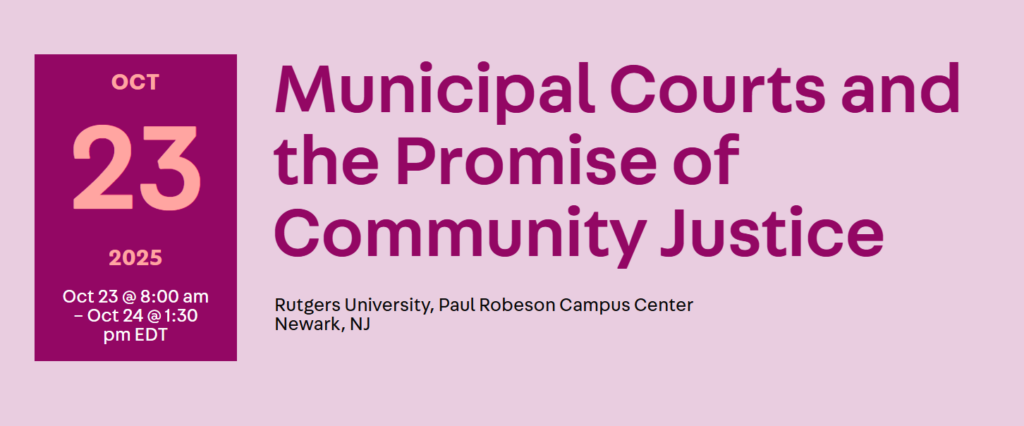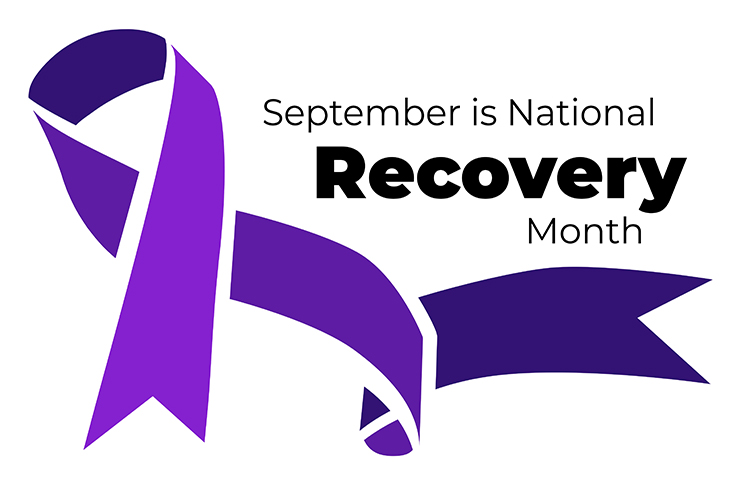Upcoming Webinar! Empowering Rural Communities: Overcoming Barriers to Treatment. The Center for the Application of Substance Abuse Technologies (CASAT) School of Public Health will be hosting this webinar on February 23rd, 2026, at 6:30PM EST. Rural communities face unique challenges in addressing substance use disorders, from limited access to care and transportation barriers to social labeling and workforce shortages. This webinar will explore innovative, community driven strategies that are helping rural areas expand treatment access and build recovery-ready environments. Attendees will gain insights into successful models such as mobile clinics, telehealth, peer support networks, and faith-based partnerships, along with practical tools and resources to take action locally.
For more information about this event and to register, please visit: Empowering Rural Communities: Overcoming Barriers to Treatment – University of Nevada, Reno.



